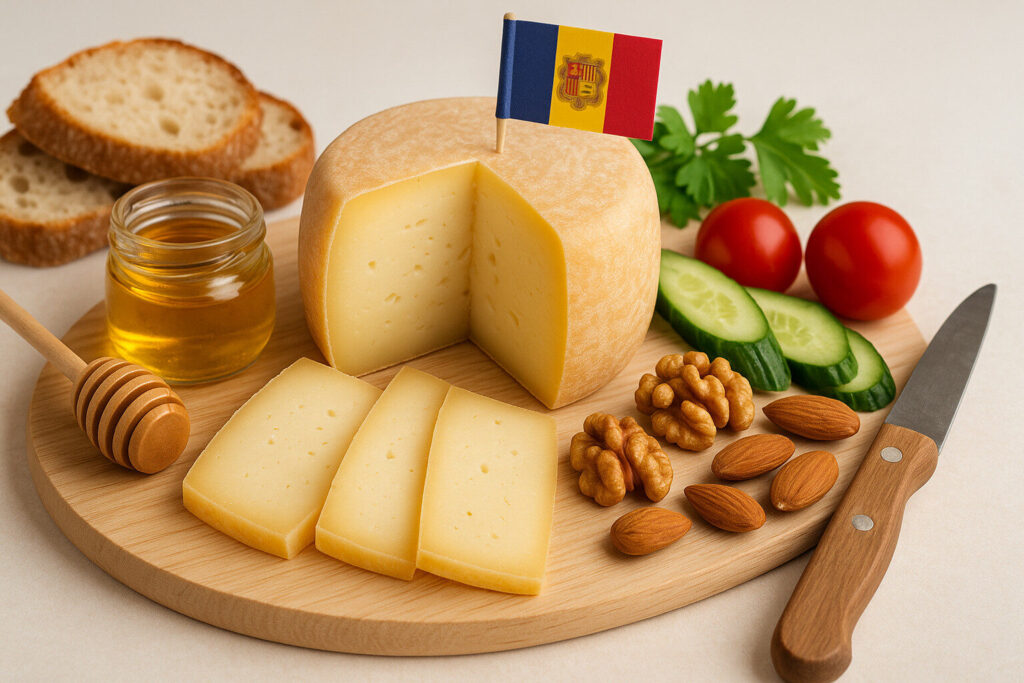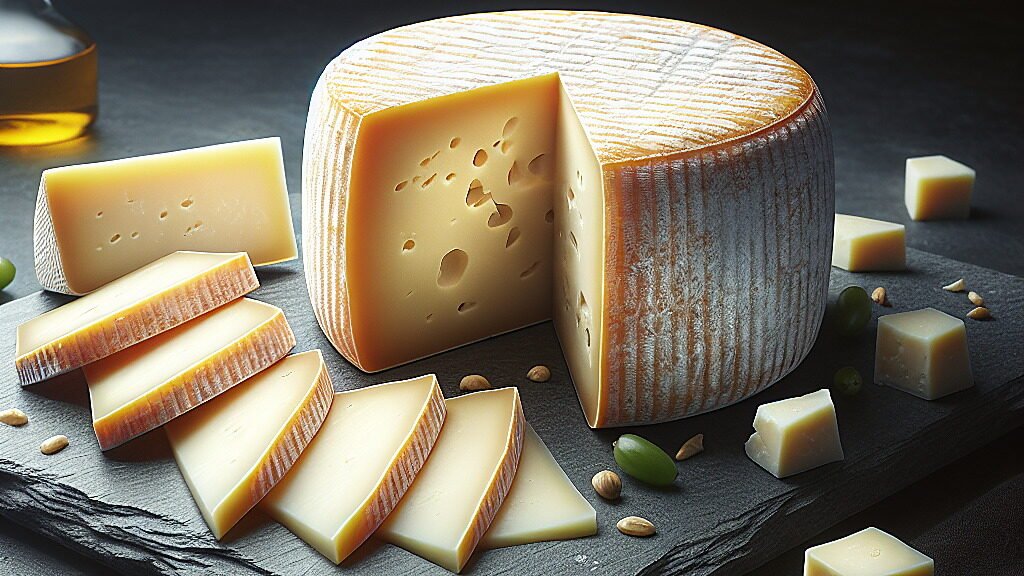Cheese Of Pyrenees
Definition and Scope
Cheese of the Pyrenees refers to a family of cheeses produced in the Pyrenees mountain range spanning France and Spain. These cheeses are traditionally made from the milk of local sheep breeds like Manech and Lacaune. The category encompasses both French AOP-protected varieties and Spanish artisanal counterparts.
Production methods are deeply rooted in transhumance, the seasonal movement of livestock between mountain and valley pastures. This category includes firm, pressed cheeses like Ossau-Iraty and semi-soft varieties such as Roncal. The geographical indication ensures specific terroir characteristics are preserved through regulated production zones.
Production Methods
Traditional Pyrenean cheese production begins with raw sheep’s milk heated to precise temperatures in copper vats. Animal rennet is added for coagulation before the curd is cut, drained, and pressed into molds. Salting occurs through dry-rubbing or brine immersion over several days.
Aging takes place in natural cellars or caves for periods ranging from three months to over two years. During maturation, cheeses are regularly turned and brushed to develop their natural rinds. This process creates complex flavor profiles while preserving the cheese’s structural integrity.
Sensory Profile
Pyrenean cheeses typically present ivory-colored paste with occasional small eyes. The texture ranges from semi-firm to hard depending on aging duration. Younger specimens exhibit supple, smooth consistency while aged versions become granular and crystalline.
Aromas suggest roasted nuts, dried hay, and browned butter with underlying lactic notes. Flavors progress from mild sweetness in young cheeses to pronounced nuttiness and caramelization in aged examples. The finish leaves a clean, lingering sensation with balanced salinity.
Culinary Applications
These cheeses serve as exceptional table cheeses when paired with crusty bread and regional preserves. They melt beautifully in traditional dishes like garbure stew and Piperade. Their robust structure makes them ideal for grating over soups and salads.
Classic beverage pairings include full-bodied red wines like Madiran and tannic Irouléguy. Local ciders and amber ales complement the cheese’s nutty characteristics. For dessert courses, they match well with black cherry confiture and dark chocolate.
Regional Examples
Ossau-Iraty AOP represents the most famous French Pyrenean cheese from Béarn and Basque regions. This pressed uncooked cheese must contain only milk from Manech and Basco-Béarnaise sheep. Its production follows strict protocols governing pasture management and aging duration.
Spanish counterparts include Roncal DOP from Navarra and Idiazábal from the Basque Country. These smoked varieties use latxa and carranzana sheep milk. Both demonstrate how microclimates and native flora create distinct terroir expressions across the mountain range.


